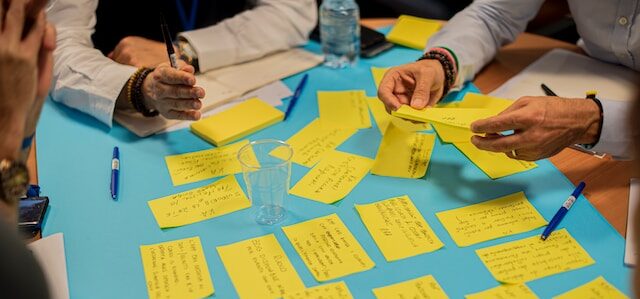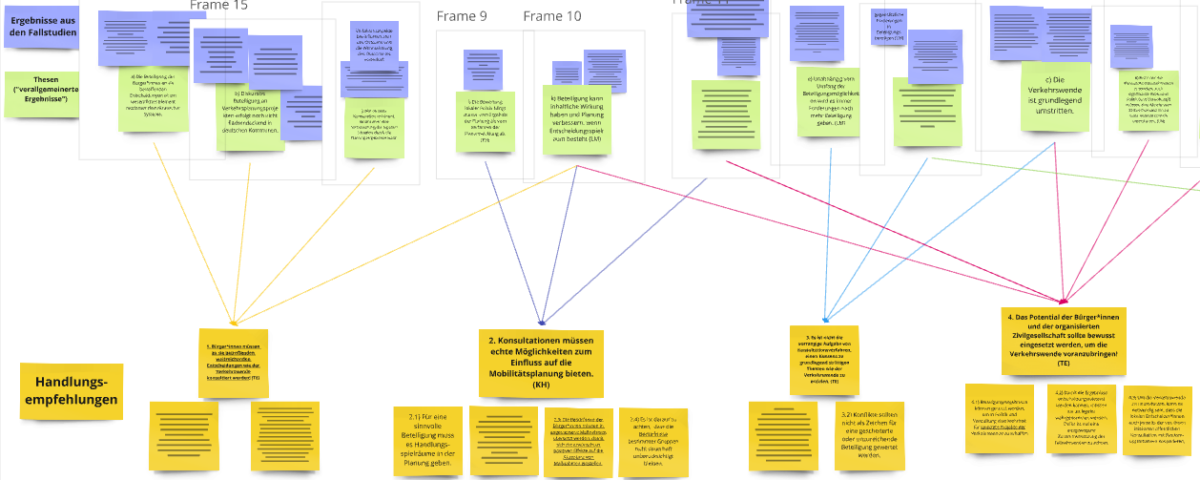In a joint meeting with a representative of the Landesbetrieb, Straßen, Brücken und Gewässer (State Office for Roads, Bridges and Waters, LSBG) of the Free and Hanseatic City of Hamburg on 15 May 2023, the research group presented the results of the surveys in connection with the participation process for the redevelopment of the Elbchaussee (Elbchaussee Dialogue). The Elbchaussee redevelopment was one of a total of five planning projects that were intensively analysed by the CIMT research group over several years in order to investigate the effects of consultative citizen participation on political attitudes, among other things.
Various participation formats were carried out as part of the planning process, e.g. online dialogues and workshops. Further information on the Elbchaussee dialogue and the participation formats carried out can be found on the website of the LSBG.
This planning and participation process was analysed by the CIMT research group at Heinrich Heine University Düsseldorf independently (i.e. without being commissioned or influenced by the City of Hamburg), primarily with the help of stakeholder interviews and surveys of residents in Altona. For this purpose, a randomly selected part of the population was surveyed in selected neighbourhoods in Altona in 2021. Further information on the research group’s surveys can be found here.
Selected results
- Participants in the participation process had a high social status (education, income), were significantly older, often male – cyclists and car drivers!
- Motive for participation in particular: To influence a decision.
- There is a tendency to perceive a lack of influence of participation on the political decision.
- This is consistent with the results of the stakeholder interviews and the document analysis. Here, too, the policy impact of the consultation is rather low.
- Restrictions due to paradigms and requirements from higher political levels were particularly obstructive.
- Nevertheless, the planning process and its results were assessed quite positively by the public overall, but the participants showed a more negative assessment of the results of the planning process.
- The process has an influence on satisfaction with local institutions.
It should be noted that the presentation essentially represents the status of the findings in spring 2023. Additional analyses have been carried out since then. The results of this case study are therefore presented in more detail in Laura Mark`s dissertation.





